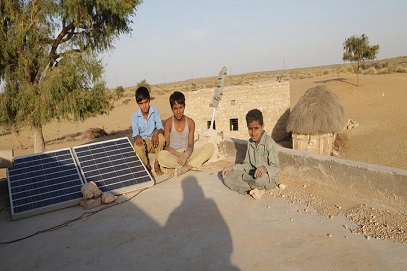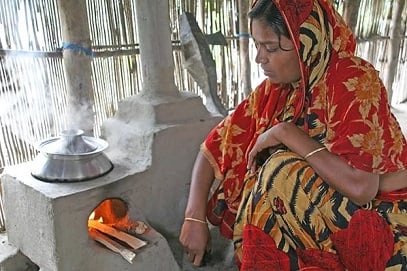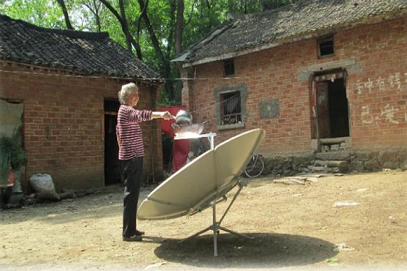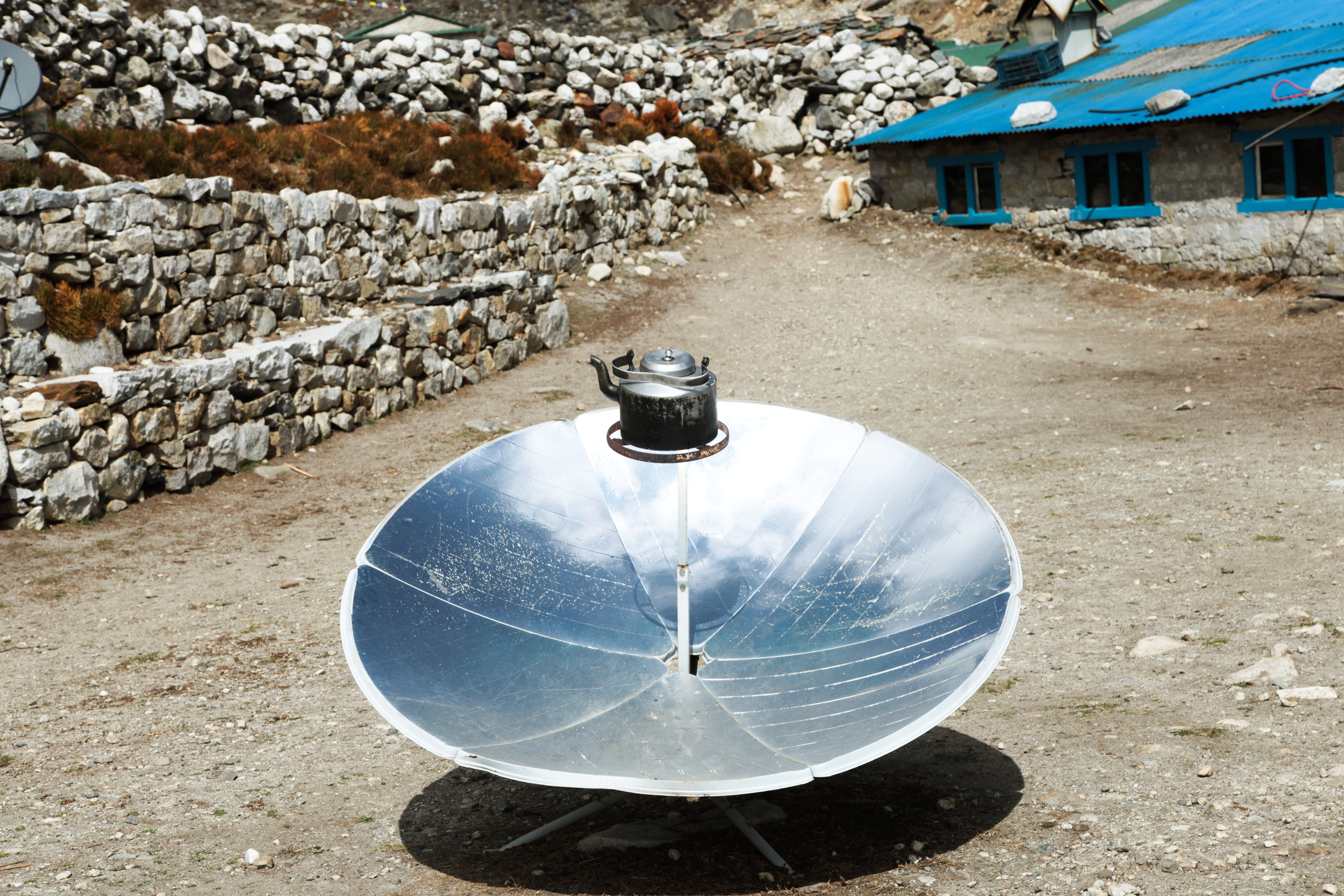Being Here for Good means more than helping Kiwis live better every day – we want to improve the lives in all the communities that we impact, here and beyond. That’s why we continue to invest in high quality carbon credit projects in countries where we operate.
Across The Group, we offset the greenhouse gas we emit by investing in projects that fund the equivalent amount of greenhouse gas savings elsewhere.
So what does this mean in practice? Well, this year we’re proud to once again contribute to employment opportunities to the people of Rajasthan, India as a massive solar project is installed. In Bangladesh, we are helping improve the health outcomes of women and children by investing in a project to improve cooking stoves by eliminating harmful fumes and the emission of toxic particles. Over in China, we’re contributing to the improved living conditions and indoor air quality of households in one of the poorest regions of the country – once again by investing in solar technology.
Offsetting helps to combat global climate change as well as caring for local communities, which makes it a compelling win-win for organisations looking to drive change.In many instances, these credits provide much needed employment, health improvement, increased biodiversity and broad social benefits to impoverished communities around the world.
Three-key projects to offset emissions

The Godawari project we’ve invested in has implemented a new 50 MW large-scale, grid-connected solar thermal power projectin Jaisalmer district, Rajasthan, India. The installation is comprised of state-of-the-art, environmentally friendly, solar thermal power generation usingparabolic trough technology. Energy generated by the project activity is sent to the Combined Regional grid, which otherwise would have been powered by energy generated from fossil fuel.
This project has also led to the creation of employment opportunities during construction and operation stages, and further, has improved necessary basic infrastructure, such as roads. Additionally, hospitals and health centres in the regionare now electrified with modern equipment, meaning women in labour are now delivering in air conditioned and solar-power-lit rooms rather than by torchlight.
The second project we’re investing in involves dissemination of improved cookstoves branded as Bondhu Chula in the territory of Bangladesh, operated by the Bangladesh Bondhu Foundation. Traditionally, “three-stone” cooking stoves have been used to cook in homes which are inefficient and emit small particles, carbon monoxide and other fumes resulting in worsening of indoor air quality.

The traditional cookstoves have an evident impact on the health of residents, especially women and children, who suffer from cardiovascular and respiratory diseases because of this. Open fire traditional stoves usually use wood, agricultural residue and animal dung as fuel.
Distributing these stoves increases energy efficiency, improves health outcomes and reduces fuel consumption per household by around 50%, saving around one tonne of biomass annually per household.
Over in China, the Nanyang Danjiang River Solar Cooker Project we invest in involves the distribution and installation of 48,000 sets of solar cookers for rural households. The cookers (similar to the one pictured in the header above) comprise a parabolic dish that concentrates solar energy onto a central cooking pot designed for the local diet. In this region of China, there is ample sunshine throughout the year, and the cookers displace business-as-usual inefficient coal-fired stoves used for daily cooking and water boiling.

The project significantly improves indoor air quality and living conditions for rural households in one of the poorer regions of China. The solar cook stoves avoid CO2 emissions generated from coal consumption, and annually, 90,000 tCO2e is reduced through their use. The solar cook stoves reduce the need to buy fuel for much of the year, reducing household expenditure by more than 10% of annual income for the poorest households. The reduction in indoor air pollution provides health benefits especially for women and children who were most exposed to smoke from traditional coal-fired stoves.
These three initiatives are just a small sample of what we’re doing to support communities and people around the world, and we look forward to continuing to explore more ways we can bring our Here for Good philosophy to life.




